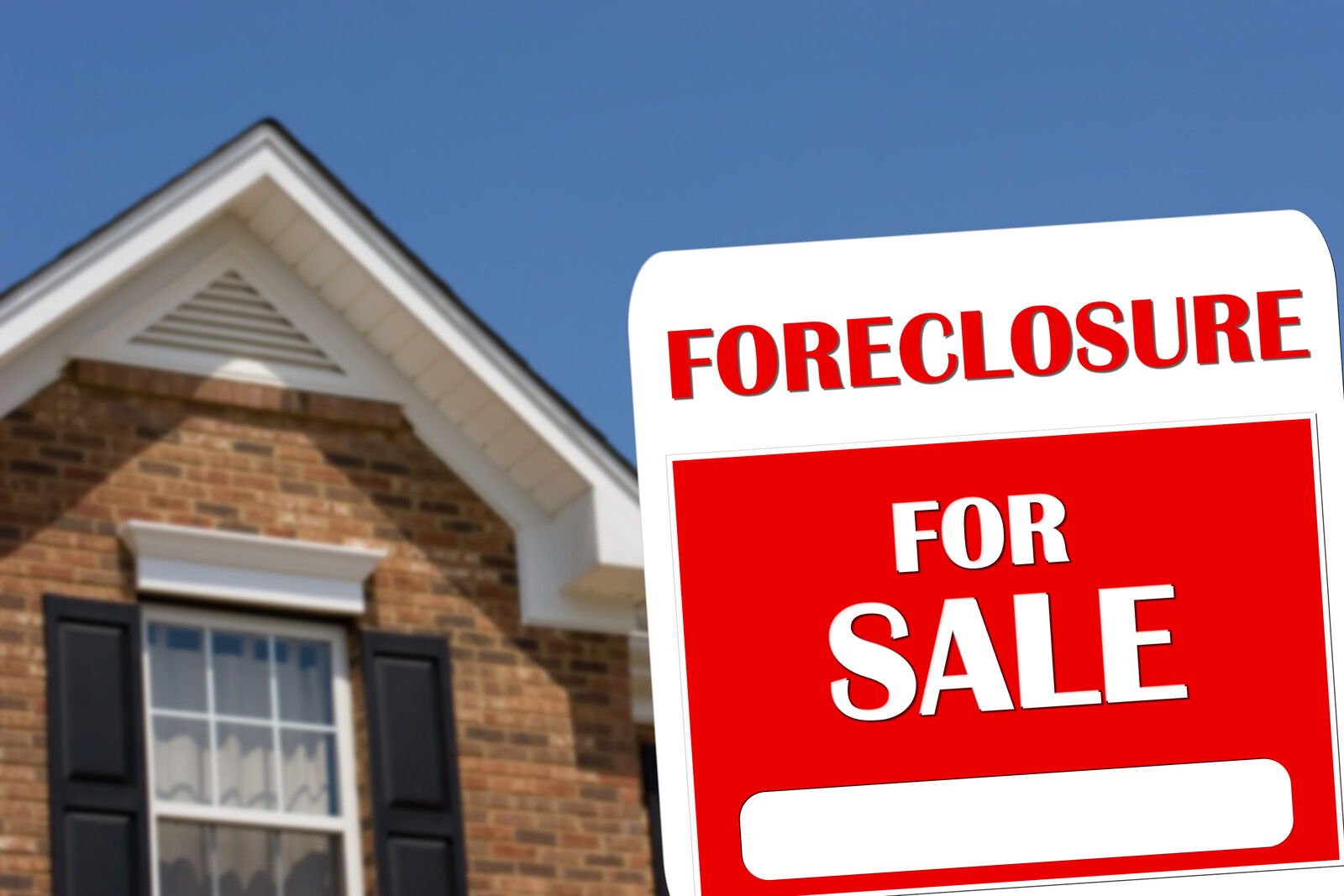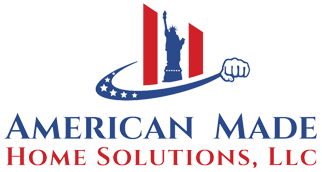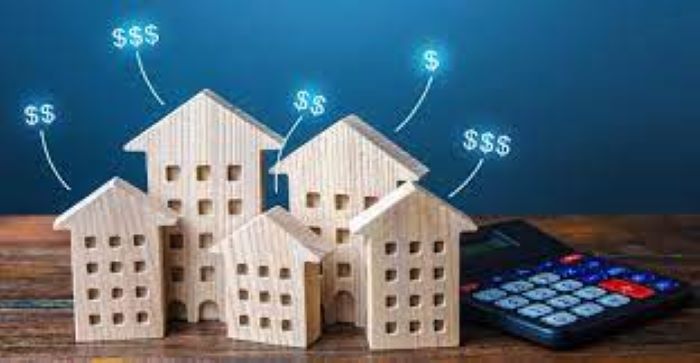
Real estate investors have numerous options when choosing investment properties. Single-family, multi-family, townhouses, mobile home parks, fixer-uppers, and distressed properties are just a few of those options. And no, fixer-uppers and distressed properties are not the same.
Fixer-Upper vs Distressed Property
A property classified as a fixer-upper is one that needs substantial repair, renovation, updating, or other extensive work in order to increase its value. Normally, though, a fixer-upper could be lived in as it is, or even potentially while improvements are being made. Fixer-uppers are often purchased by realtors as fix-and-flip properties: purchase, improve, then sell for a decent return on the investment. But fixer-uppers are also often purchased as starter homes by homeowners on a tight budget who often plan to make improvements over time.
A distressed property is usually a property that is in foreclosure and being sold by the lender. The lender could also be selling the property, even if not in foreclosure, to protect their investment from other claims against the property or if mortgage fraud is discovered. A homeowner could be looking to sell the property as a distressed property as well if they are in pre-foreclosure and are trying to keep a foreclosure off their credit report, or even in the case of divorce if they want to sell the property quickly.
Both properties that are classified as fixer-uppers and those labeled as distressed properties are usually sold at prices below market value, which means potential profits for investors.
Pros of Investing in Distressed Properties
These are just two of the advantages, or pros, of investing in distressed properties. Any particular property could come with other attached advantages. These are just three that are generally considered by investors with any potential investment property.
Price
A distressed property is usually sold at well below market price. That alone makes it an attractive option for investment. Sellers of distressed properties are usually in a hurry to finalize the sale for the exact reasons it is considered “distressed”. Whether to avoid a foreclosure on their credit report, to sell the property as part of divorce proceedings, or in the case of a lender wanting to cut their losses, all parties are usually willing to accept a lower price in order to eliminate the issue.
Return on Investment (ROI)
Because of the lower sales price, an investor’s Return On Investment (ROI) stands to be higher when compared to a property purchased at market value. However, an investor needs to carefully evaluate maintenance and repair issues and any renovations or remodeling that may be needed prior to reselling the property. Failure to do so could easily negate any perceived profit that attracted the investor in the first place.
Better Financing
Especially in the case of a lender selling the distressed property, you are likely to be offered better financing options including lower interest rates and closing costs, and better mortgage payments.
Cons of Investing In Distressed Properties
As with the pros to investing in distressed properties, the disadvantages, or cons, can vary depending on each individual property. In general, however, these are three cons that generally apply to most distressed properties.
Renovation Costs
If a homeowner is having difficulty making mortgage payments – for whatever reason- it stands to reason they probably have fallen behind on maintenance and repairs as well. What this means for the investor is that it may be considerably more expensive to make necessary changes to the property to increase its value before reselling. There may be more than just aesthetic changes to be considered, and costs could increase rapidly.
Competition
More and more investors are beginning to invest in distressed properties. This means more and more competition for the same properties. Understanding the most effective methods for identifying distressed properties will be key to increasing your investment opportunities.
Purchasing Delays & Paperwork
Distressed properties are sold in as-is condition, so paperwork for closing on those sales will be very detailed. They will also specifically and completely shift all responsibility for any repairs, maintenance, or other issues with the property to you, the buyer. The buyer/investor frequently experiences delays with the closing paperwork, which also delays their Return On Investment (ROI). And, if there is a significant repair issue, it can also create even bigger and more expensive repairs if the investor is unable to quickly take ownership of the property and get started on the repairs.
Conclusion
There are many options available to real estate investors. Investing in distressed properties is just one of those options becoming increasingly popular among Investors. As with all investment opportunities, there are pros and cons to be considered before purchasing a distressed property. Consulting with professionals like those at American Made Home Solutions is a good way to navigate the process to a successful conclusion. And, should you find yourself in need of selling a distressed property yourself, you can rest assured that American Made Home Solutions will offeryou a fair price and will make the process as smooth as possible. Contact us today to see how we can help you.





